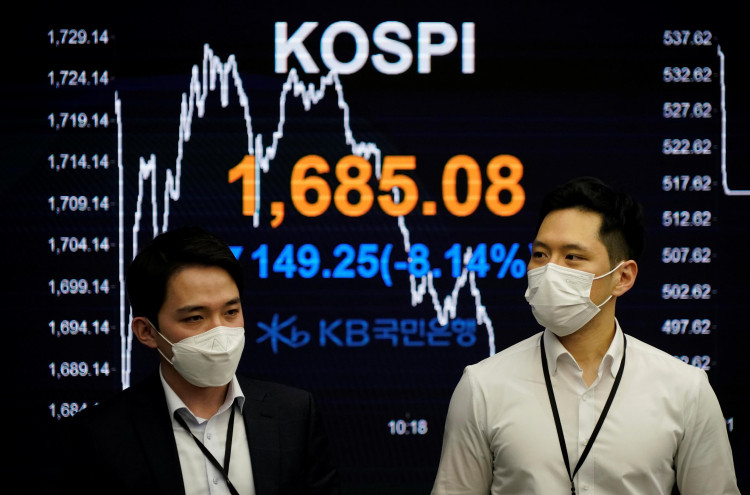Chinese inflation data showed that the country missed its expectations for May. Its producer price index fell compared to values from 2019. As a result, investors showed reluctance in the market, and Asia Pacific stocks showed unstable movement.
China's inflation data showed that it missed its May expectations. Its producer price index dropped by 3.7 percent vis-a-vis 2019 values. The expected yield was 3.3 percent, and it fell by 0.4 percent for May.
According to China's National Bureau of Statistics, it was the largest decline in China. Its consumer price index, however, increased by 2.4 percent last month compared to 2019 values. It had less than 2.7 percent increase compared to estimations laid out by economists.
Meanwhile, stocks in the Asia Pacific showed unstable movement. Japan's Nikkei 225 closed with an improvement of 0.15 percent at 23,124.95. The Topix index, on the other hand, declined by 0.23 percent and finished with 1,624.71. Finally, South Korea's Kospi also increased by 0.31 percent at 2,195.69.
Moreover, Hong Kong's Hang Seng index closed lower at the final hour of trading. Mainland stocks in China showed mixed developments as the Shanghai composite index decreased by 0.42 percent at 2,943.75. The Shenzhen component, however, increased by 0.457 percent at 11,335.86.
For Australian stocks, the S&P/ASX 200 also closed higher with 6,148.40 points. In total, the MSCI Asia ex-Japan index increased by 0.34 percent.
According to the head of investment services for the Asia Pacific at BNP Paribas Wealth Management Garth Bregman, the US Federal Reserve has been giving clearer guidance in the market. He claimed that there has been an incredible risk rally in the past few weeks. However, there has been a pause on the trend this week.
He added that the guidance of the Fed could pinpoint targeted and specific outcomes on inflation and unemployment. He also hinted that upon indications of these economic factors, it would only be then that the Fed would impose a stimulus plan.
On the other hand, oil prices in Asia also dropped last Wednesday. The international benchmark Brent crude futures declined by 1.38 percent to 40.61 USD per barrel. The US crude futures also shared the same sentiment and dropped by 1.85 percent at 38.22 USD per barrel.
In terms of currency, the US dollar index closed with 92.204 after declining around 97 levels last Wednesday. The Japanese yen closed at 107.37 per dollar after it strengthened to 107.8 last Wednesday. The Australian dollar, on the other hand, closed at 0.6981 after reaching a record low of 0.693 USD.





